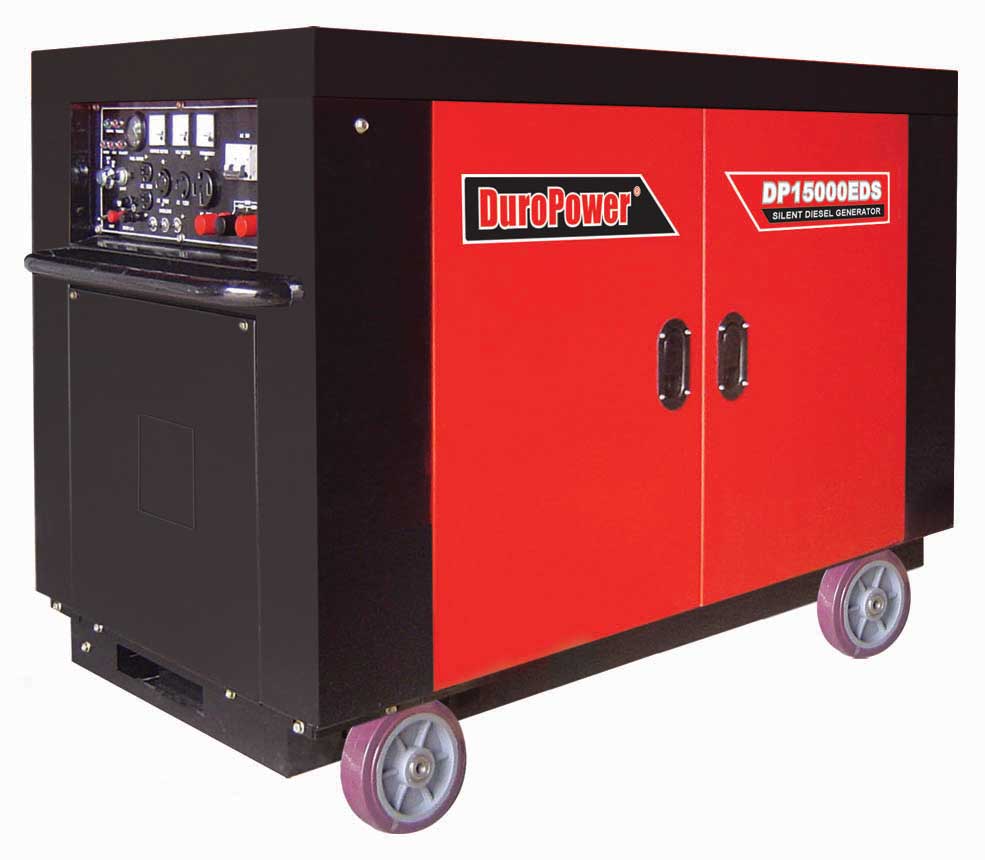Introduction:
In the world of construction, having a reliable and robust power source is crucial to ensure seamless operations. Construction projects often take place in remote locations or areas with limited access to electricity grids, making it imperative to have an alternative power solution. Diesel generators have emerged as the preferred choice for meeting the demanding energy requirements of construction sites. This article delves into the various aspects of diesel generators for construction projects, exploring their benefits, applications, maintenance, and environmental impact.
1. Understanding Diesel Generators:
1.1 How do diesel generators work?
1.2 Key components of a diesel generator system
1.3 Different types and sizes of diesel generators
1.4 Power output and load capacity considerations
2. Advantages of Diesel Generators for Construction Projects:
2.1 Reliability and durability
2.2 Fuel efficiency and cost-effectiveness
2.3 High power output and load capacity
2.4 Portability and flexibility
2.5 Longevity and low maintenance requirements
3. Applications of Diesel Generators in Construction:
3.1 Powering heavy machinery and equipment
3.2 Illumination for construction sites

3.3 Temporary power for on-site offices and facilities
3.4 Emergency backup power during grid outages
3.5 Remote construction projects and off-grid locations
4. Selecting sources tell me for Construction Projects:
4.1 Assessing power requirements and load demands
4.2 Considering noise and emissions regulations
4.3 Evaluating mobility and transportation needs
4.4 Factoring in fuel storage and consumption
4.5 Budgeting for purchase or rental options
5. Maintenance and Care for Diesel Generators:
5.1 Regular inspections and servicing
5.2 Monitoring fluid levels and changing filters
5.3 Addressing common issues and troubleshooting
5.4 Ensuring proper ventilation and cooling
5.5 Long-term storage and winterization
6. Environmental Impact and Mitigation:
6.1 Understanding diesel generator emissions
6.2 Regulatory standards and compliance
6.3 Noise reduction measures
6.4 Transitioning to cleaner fuel alternatives
6.5 Sustainable practices for construction projects
7. how to choose diesel generator : Success Stories of Diesel Generators in Construction:
7.1 Large-scale construction projects powered by diesel generators
7.2 Remote and off-grid construction projects
7.3 Emergency backup power during natural disasters
7.4 Construction projects in environmentally sensitive areas
7.5 Innovative use of diesel generator technology
8. Future Trends and Innovations:
8.1 Integration of renewable energy sources
8.2 Advancements in hybrid and dual-fuel systems
8.3 Smart technologies and remote monitoring capabilities
8.4 Increased focus on sustainable practices
8.5 Collaboration with manufacturers and stakeholders
Conclusion:
Diesel generators have become indispensable in the construction industry, providing reliable and efficient power solutions for projects of all scales. Their ability to deliver high power output, withstand heavy loads, and operate in remote locations makes them an ideal choice for construction sites. While diesel generators offer numerous advantages, it is crucial to consider their maintenance requirements and environmental impact. As the industry progresses, the integration of renewable energy sources and the adoption of sustainable practices will shape the future of diesel generators in construction projects. By leveraging 75kw diesel generator of diesel generators and embracing innovative solutions, construction projects can power their progress with efficiency and environmental consciousness.
